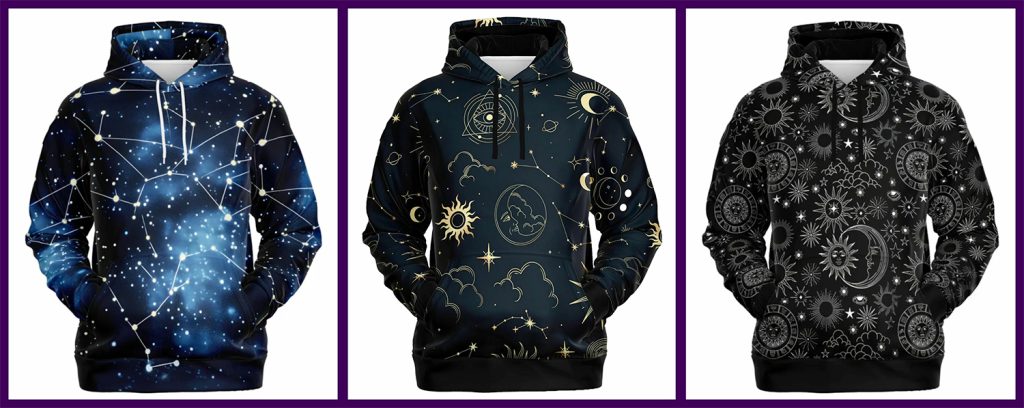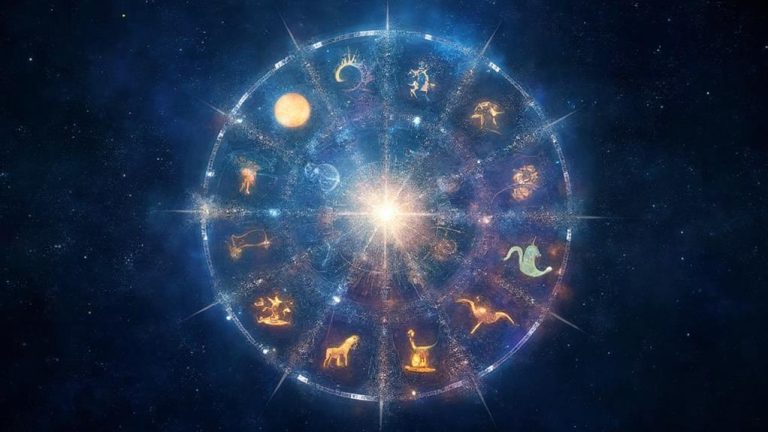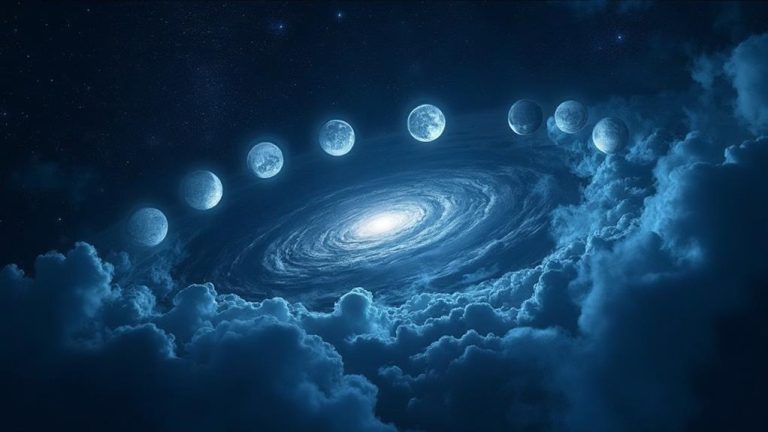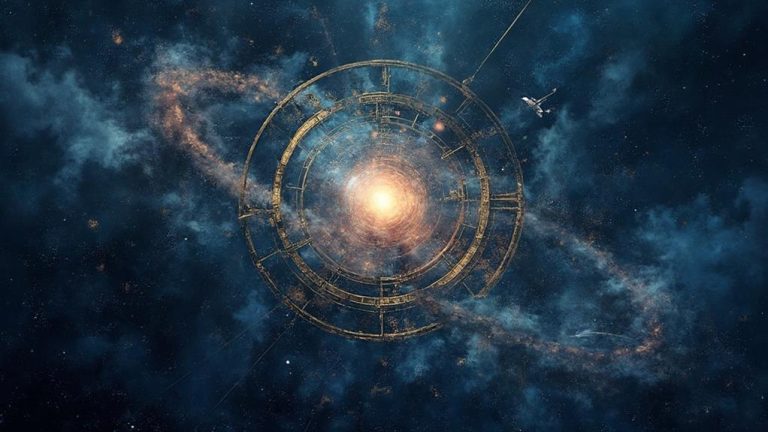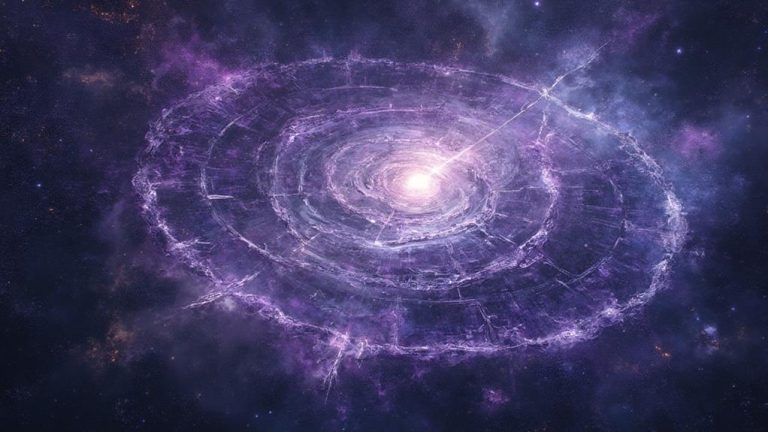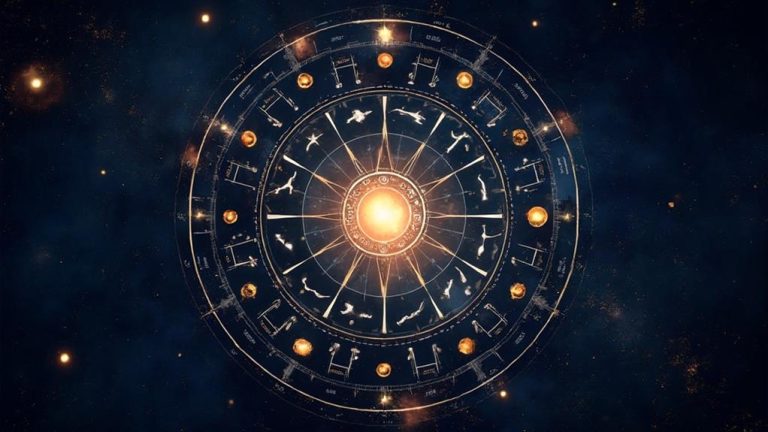Astrological Effects of Celestial Alignments
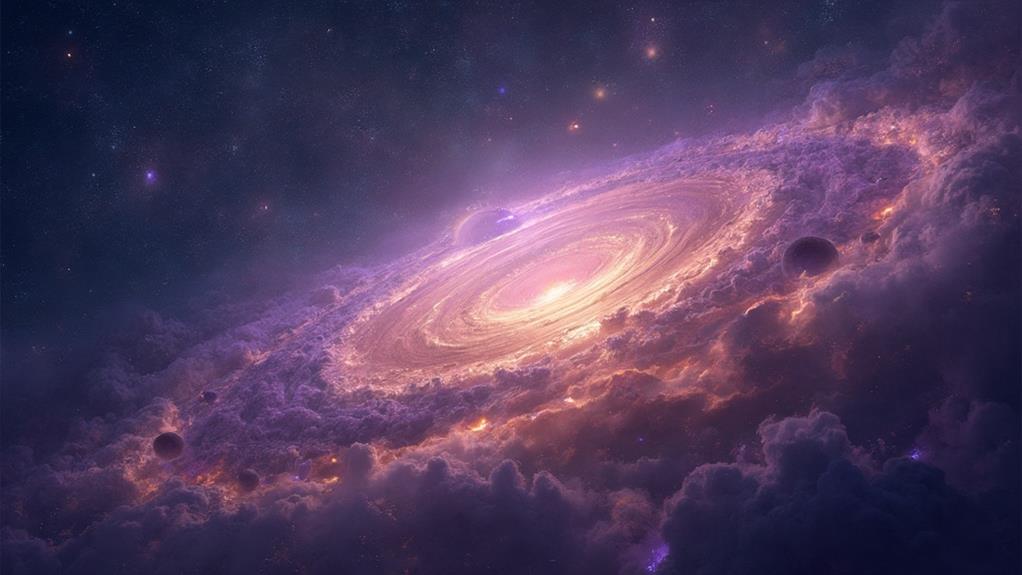
Celestial alignments, such as Mercury retrograde and full moons, have intrigued humans for millennia. While there’s no scientific confirmation that planetary movements directly affect human behavior, these beliefs remain popular across many cultures. Understanding these celestial patterns offers insights into how ancient societies interpreted cosmic events.
Historically, planetary observations were tied to religious, agricultural, and social practices. Though modern science doesn’t support astrology, the idea continues to captivate people interested in exploring the connections between planetary movements and human experiences.
Historical Origins of Planetary Influence

The impact of planets on earth and human activities can be traced back to around 3000 BCE when Babylonian astronomers began mapping celestial bodies. They observed planets like Venus and Jupiter and linked their positions and movements to significant events on Earth.
By developing the zodiac, these astronomers established a system dividing the sky into twelve sections. Over time, these ideas spread to regions like Egypt and Greece, where scholars like Ptolemy refined them further in works like “Tetrabiblos.” Ptolemy proposed that celestial forces like gravity impacted the earth and shaped scientific thinking for centuries.
Understanding Planetary Aspects
Planetary aspects refer to the geometric angles between planets as viewed from Earth. These angles—such as conjunction (0°), opposition (180°), trine (120°), square (90°), and sextile (60°)—are crucial in both astronomy and astrology for understanding planetary interactions.
While the scientific study of these aspects focuses on gravitational influences, astrology uses them to interpret moods, energy, and events. Orbs (degrees of deviation from exact angles) help time events like tides, showing subtle gravitational impacts. Astronomical software assists in tracking these positions precisely.
Moon Phases and Human Behavior

Moon phases, especially the full moon, have been linked to shifts in emotions, sleep patterns, and physiological responses. The change in moonlight during these phases is thought to impact melatonin production, which regulates sleep cycles.
Emotional Cycles During Phases
During the new moon, people might feel introspective with lower energy, while the waxing moon is tied to increased activity. Under a full moon, many experience heightened energy, sometimes at the expense of sleep quality.
Sleep Patterns and Moonlight
Research indicates that sleep quality decreases during the full moon. You can expect to sleep 20 minutes less, with 30% less deep sleep, due to decreased melatonin. To improve sleep during this phase, consider blackout curtains or sleep masks.
Energy Shifts at Fullmoon
The full moon is often associated with increased energy, coinciding with a drop in melatonin and a rise in cortisol. Brain activity can spike, leading to more intense emotions. Some advocate keeping a personal journal during these periods to track mood changes.
Retrograde Motion Effects
Mercury retrograde is an optical illusion caused by Earth’s faster orbit overtaking Mercury, making it appear as if Mercury is moving backward. Communication mishaps are often attributed to this period, though there’s no scientific evidence for these effects.
Nevertheless, reflecting carefully on communications during retrograde can help avoid misunderstandings. Retrograde motion offers a good reminder of the importance of detail-oriented thinking.
Understanding Mercury’s Backward Dance
This “backward movement” results from Earth’s faster orbit overtaking Mercury. It appears three to four times a year, lasting about three weeks each time. While purely visual, the concept continues to influence modern astrological interpretations.
Communication During Planet Reversals
Though no scientific evidence supports a direct link, some still believe that retrogrades contribute to tech glitches and missed communication. During such times, experts recommend double-checking messages and ensuring backups for important data.
Major Celestial Events

Major celestial events—like solar eclipses, planetary transits, and meteor showers—allow us to observe cosmic mechanics in action. For example, during a solar eclipse, the Moon blocks the Sun, offering critical data on the Sun-Moon-Earth relationship.
| Event Type | Occurrence | Scientific Significance |
|---|---|---|
| Solar Eclipse | Twice a year | Earth-Moon-Sun interaction |
| Great Conjunction | Once every 19.6 years | Gravitational effects of gas giants |
| Meteor Showers | Annually | Trail remnants of comets |
Planetary Houses in Astrology
Astrological houses represent different life aspects, like career, relationships, and identity. These twelve sections are used by astrologers to understand how planetary movements might influence personal experiences.
Houses Influence Daily Life
Each house is assigned an area of life. For example, the 7th house is tied to relationships, while the 10th house is related to career. Studies show, for instance, that planetary shifts in these houses may correlate with career changes and relationship dynamics.
Planetary Energy Through Houses
Planetary movements through astrological houses are thought to amplify or diminish their energy. For example, Mars in the first house is associated with personal identity, while Jupiter in the ninth house enhances spiritual growth and learning.
Solar and Lunar Eclipse Impact

Both solar and lunar eclipses can subtly influence Earth’s systems, from tides to atmospheric pressure. During a solar eclipse, temperatures can drop by a few degrees, and gravity’s pull strengthens, affecting everything from tides to geophysical processes.
Cosmic Energy and Personal Growth
Many believe cosmic events impact biological cycles within the human body, such as changes in melatonin and cortisol levels. Solar flares, for instance, are thought to affect brain patterns and cognition.
Zodiac Sign Planetary Rulers
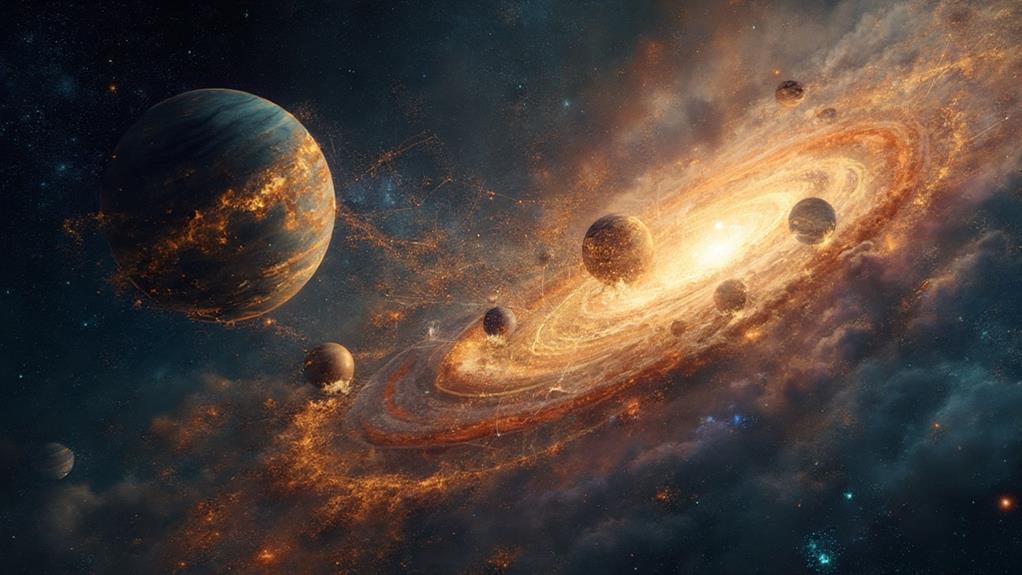
Each zodiac sign is associated with a planetary “ruler” that shapes its characteristics. For traditional signs, nearby planets like Mercury and Venus are key, while modern astrology assigns outer planets like Uranus and Neptune as co-rulers for certain signs.
Modern Perspectives on Astrological Alignments
While astrology offers intriguing metaphors for self-reflection, scientific studies show no direct links between planetary movements and life events. Celestial mechanics impact Earth but fall short of influencing personal outcomes to a measurable degree.
Frequently Asked Questions
Can Celestial Alignments Affect Electronic Devices and Technological Systems?
Celestial events, especially solar flares, can impact electronics and satellites, but typical planetary alignments do not. Solar flares, for instance, can cause geomagnetic storms that interfere with power grids and navigation systems.
Do Astrological Alignments Have Different Impacts in the Southern Versus Northern Hemisphere?
Astrological practices don’t consider hemispheres’ differences, though certain celestial events like meteor showers may appear differently across the globe. Astrology generally remains consistent worldwide.
How Do Solar Flares Interact With Planetary Alignments to Influence Astrological Readings?
Solar flares don’t affect astrological readings directly. Astrological interpretations are symbolic and independent of solar or planetary activity.
What Role Do Asteroids and Dwarf Planets Play in Celestial Alignment Interpretations?
Asteroids and dwarf planets like Ceres and Pluto contribute to astronomical models but don’t typically play major roles in traditional astrological charts. Their scientific importance lies more in understanding the solar system rather than personal destiny.
Conclusion
While astrology continues to propose that celestial alignments influence human behavior, no scientific evidence confirms these beliefs. Celestial bodies undeniably impact Earth’s systems but are unlikely to control personal outcomes. Approach such claims with healthy skepticism and critical thinking. Astrology enthusiasts often interpret celestial alignments in astrology as predictors of personality traits or future events. However, these interpretations often lack empirical backing and rely on subjective validation. By understanding the difference between scientific phenomena and speculative beliefs, we can better evaluate the merit of such claims with an informed perspective.

